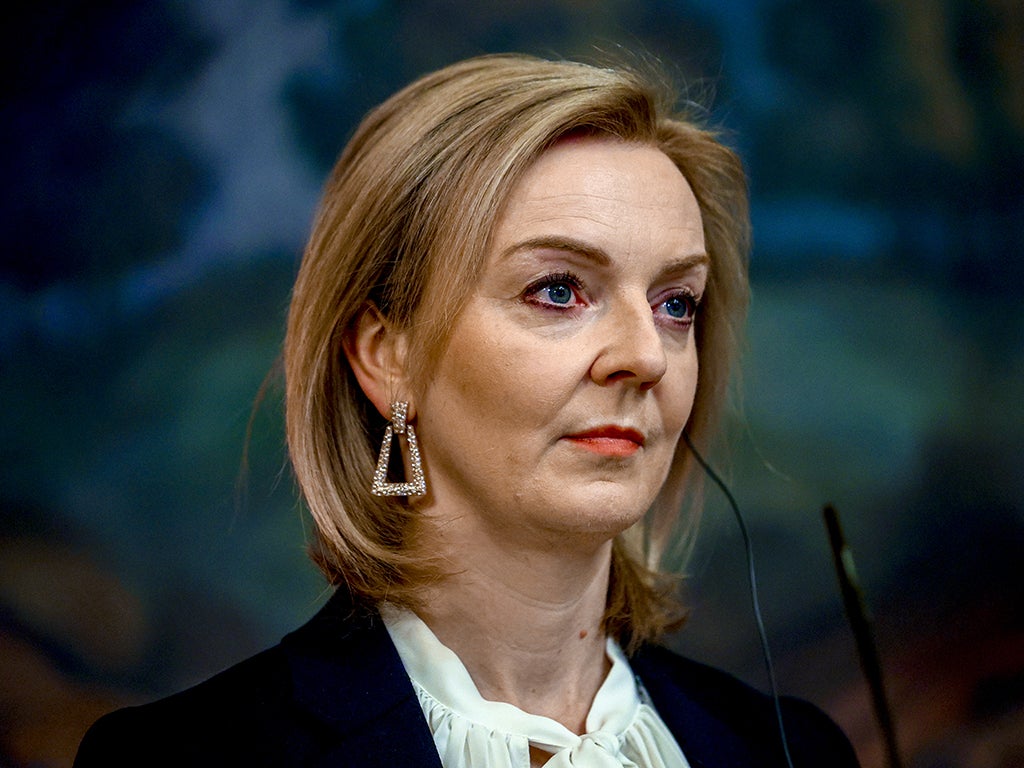“Liz Truss’s energy plans show the UK has effectively abandoned net-zero targets just three years after its world-leading commitment to cutting emissions.” The government’s former Chief Scientific Advisor
A major new fossil fuels campaign, including lifting the ban on fracking and expanding drilling for oil and gas in the North Sea. The new prime minister’s administration. (In July 2022 Daily onshore oil production in the North Sea was still at historically low levels despite increasing oil prices.)
The drive for more oil and gas production was “completely at odds” with the UK’s legally binding net-zero target, Furthermore, it would bring large quantities of greenhouse gas-emitting fossil fuels to the market directly ahead of the 2050 deadline for reaching zero. The plans, announced last week by the prime minister’s new energy secretary, Jacob-Rees Mogg, were “extremely alarming”.
We’re looking at a situation where the crisis is with us here today,” . But we don’t recognise that when we say ‘let’s go ahead and start new fracking operations in this country’. It beggars belief. What it seems to show is that the leadership in the government does not understand the nature of the climate crisis. Sir David King, head of the Climate Advisory Group, who was chief scientific adviser to the government between 2000 and 2007.
“We are lifting the moratorium on fracking. We will extract every ounce of oil and gas from the North Sea. ” Rees-Mogg, (who has previously dismissed climate science as “alarmism”, )
During Ms Truss’s leadership campaign, she derided the role that renewable energy increasingly plays in the energy system, in particular solar power, which has become the “cheapest electricity in history”, (IEA).
“Sir David King speaks the truth. Most sensible countries realise that the economically rational course is to drive rapidly for zero emissions, because it boosts the whole economy and tackles the climate crisis and the cost of living crisis in one fell swoop”.
“Truss’s current energy plans will do nothing for the economy any time soon, and will in fact create substantial stranded asset risks.”
“Further, they accelerate climate breakdown, contributing to the deadly heatwaves and floods we see around the world, and do nothing to impact the soaring costs of energy that will leave households and the national overdraft in trouble for years to come.”
“If Truss and Rees-Mogg continue on this course, it begs the question – whose interests are they serving?”
Sir David suggested the leadership of the country was using Russia’s war in Ukraine as an opportunity to expand the use of fossil fuels – even though doing so failed to address either the climate crisis or the energy crisis. He said: “The immediate consequence of the Russia -Ukraine war is that energy prices have gone shooting up. The response to that [should be] to build more renewable energy – we can use an extension of an already successful operation.”
“The opposite is to say ‘let’s use this as an opportunity to develop our oil and gas reserves’ – using the war as an opportunity to do this, knowing it has nothing to do with managing the short-term problems of the war”.
“All of that indicates massive cynicism at the top of government. What they’re saying is ‘we’re not going to be in government in 2050, but we don’t believe in the net-zero target’.” Doug Parr, Greenpeace UK’s policy director
Sir David was “right to raise the alarm about the government’s enthusiasm for fracking and drilling more gas and oil. He said: “At best, it’s difficult to see how this enthusiasm for new fossil fuels is compatible with the prime minister’s commitment to deliver on the UK’s climate targets. At worst, it’s a sign that the new government is more interested in placating wealthy fossil fuel lobbyists than it is in tackling the mounting climate emergency and addressing the energy crisis for good.”
Energy experts have repeatedly called on the Government to expand support for renewable energy technology and storage, implement a national insulation programme, invest in rolling out more heat pumps and halt investment in fossil fuel programmes. Mike Childs, Friends of the Earth’s head of policy,












